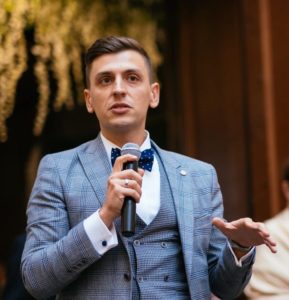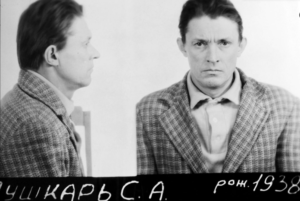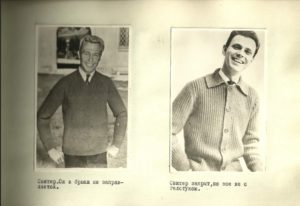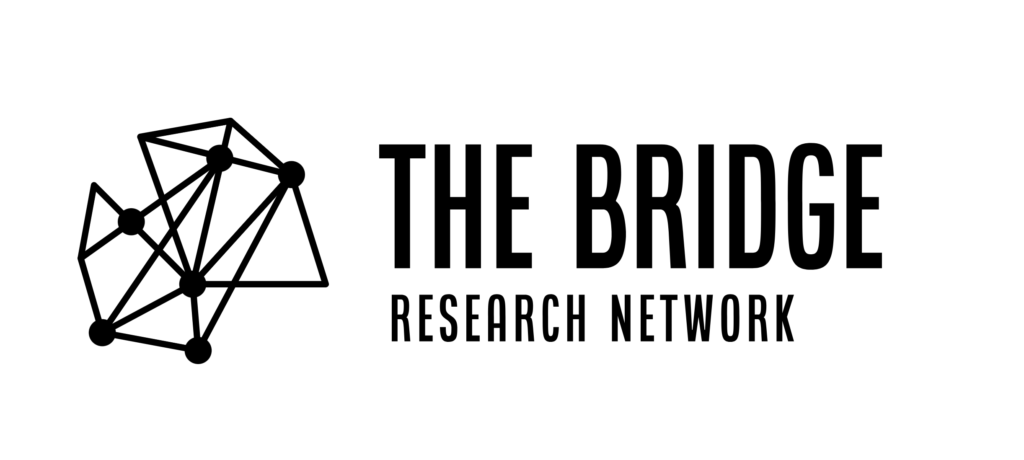
Over the past year and half, as the Covid pandemic closed borders and put a halt to long-distance travel, many scholars have been forced to put their research agendas on hold. For those who depend upon access to archives in foreign countries, on-site research has been difficult to conduct. Ivan Grek, a recent graduate of the doctoral program in AU’s History Department, has come up with an ingenious solution. It’s called “The Bridge Research Network,” and it helps scholars gain access to archives throughout the former republics of the Soviet Union without actually having to visit in person.
Grek, who in August 2020 defended his dissertation, “Illiberal Civil Society in Russia, 1992–2012,” says he came up with the idea while attending the 2018 convention of the Association for East European and Slavic Societies in Boston. “Everyone was complaining about how difficult it is to travel from the United States to Russia to conduct archival research,” he said. “The visas, the long flights, the cost—it was just so difficult and expensive to do research in Russia.” Thinking back to his time in the pharmaceutical industry, where he helped organize clinical trials, Grek saw firsthand how pharmaceutical companies outsource research abroad. So he decided to apply those methods to archival research.
The result is The Bridge, which now facilitates access to archives in fourteen countries throughout post-Soviet states in Eastern Europe and Central Asia. For a modest fee—far cheaper than organizing a research trip in person—The Bridge will draw upon Grek’s extensive network of freelance researchers to visit archives in person and procure digital images of documents. They will also help to conduct on-site interviews and obtain hard-to-find primary and secondary sources outside of archives. “Our researchers are scholars themselves,” Grek says, “so they know how to formulate research questions and look through archival files with a critical eye.” The Bridge also offers help with translation services. The Bridge developed an in-house electronic archive with autotranslation function, engages software that enables word search in pictures in any language, and uses other tools that allow for the overcoming of language barriers. “If you need KGB sources from Lithuania in the local language, we can get the sources and you can work with them even with no knowledge of Lithuanian. We ease those language barriers.” The Bridge can also handle more expansive research agendas. “If you have fifteen questions and you need to find answers for them from the archives of eight different countries,” Grek says, “we can do that within 2-4 weeks.”

Grek’s research network has already uncovered fascinating—and occasionally humorous—revelations in the archives. From the former KGB archive in Ukraine, “we learned how North Koreans once recruited an engineer from a factory in Kiyv.” According to Grek, they promised the engineer money, but soon shifted to payment in ginseng roots and vodka, healing extracts, and paintings from North Korea. “In the declassified reports, Ukrainian KGB agents were basically making fun of this guy for accepting payment in ginseng.” And in another humorous find, The Bridge uncovered sage advice from a 1970 KGB manual for its agents in Finland: “Sweater. It doesn’t go in pants.” Apparently, tucking a sweater inside your pants is a dead giveaway that you are not a local!

